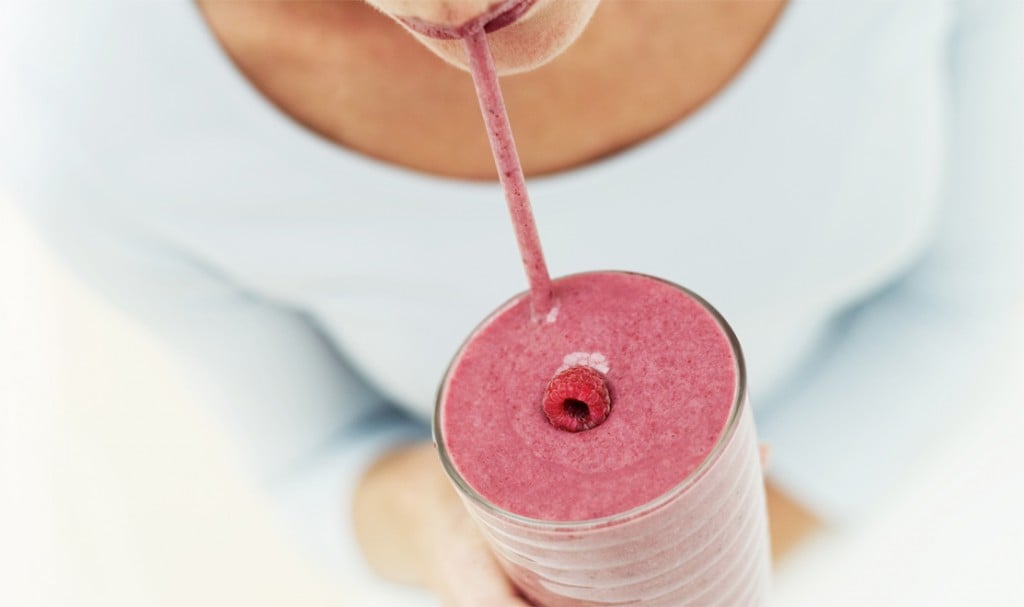Time to Cleanse?
These days, all the cool, gorgeous girls are doing dietary cleanses. Should you?

These days, all the cool, gorgeous girls are doing dietary cleanses. To lose weight for a role, Beyoncé is said to have done a “master cleanse,” limiting herself to herbal laxative tea, salt water and a concoction of lemon juice, maple syrup and cayenne pepper. Salma Hayek cofounded a company called Cooler Cleanse, which offers an assortment of organic fruit and vegetable juices and nut milks. And Gwyneth Paltrow swears by the 21-day detox that’s available on her goop.com site.
So what’s a cleanse? Basically, it’s a semi-fast, most often involving a juice-only menu. It lasts anywhere from 48 hours to 10 days or more, and enthusiasts say it rids the body of toxins while causing the skin to glow and the pounds to melt away.
Beyond the appeal of celebrity stardust, these regimens benefit from attractive terminology. “Cleanse” has a lovely, gentle sound, implying thoroughness and purity. The word “detoxify” sounds urgent and scientific. Who wouldn’t want to get rid of toxins that enter the body, both through the environment and through non-nutritious food?
The problem is that there’s no consensus on just what those words mean. “There’s no standardized definition of what a cleanse or a detox is,” says Marjorie Nolan, R.D., author of The Belly Fat Fix.
“There’s also widespread misunderstanding of what a toxin is,” she says. “Yes, toxins can be from an external source, but they also originate within our system naturally as byproducts of our metabolism. And our normal metabolic processes are constantly cleaning and disposing of them.”
Far from a surefire health booster, a juice fast can actually be harmful. “Drinking fresh juice can help you increase your daily intake of vitamins, but a juice fast can also leave your body deficient in other critical nutrients, like those associated with healthy fats, proteins and whole grains,” says Megan Roosevelt, R.D., a nutrition coach known as the healthy grocery girl. “You also miss out on fruit fiber, which helps manage blood sugar levels, promote satiety and improve bowel regularity.”
“With many juice fast programs, you’re drinking a diuretic and, often, a laxative,” Nolan says. “The instructions will tell you to stay near a bathroom for most of the day because you’re going to be making frequent trips there. In the process, you’ll be flushing out many needed vitamins and minerals.
“Further, the weight you lose is going to be fluid weight, which will come right back when you’re off the fast, as well as some muscle mass, which you don’t want to lose.”
Eating Clean and Green
Is there a better way to clean up one’s diet? “I don’t believe a person is ever ‘toxic,’ just not as healthy as he or she could be,” says Glen Tobias, R.D., of Atlantic Sports Health in Morristown, who works as a dietitian with the New York Jets. “The typical American diet is very low in fiber, high in sodium and fat, and high in heavily processed foods. So you might want to do a ‘cleanse’ for two or three days at most to get yourself on track for healthy eating.
“But make it a modified cleanse, with a menu of organic, unprocessed food including quinoa, salads and brown rice,” he counsels. “I’m also a fan of green drinks, not juices—there’s a difference. Certain high-speed blenders, like the Ninja and the Vitamix, allow you to get fiber as well as pulp in your drink.” To keep your muscles fueled, says Tobias, include lean protein and fish, and add whey protein to the green drinks.
When it comes to detoxing, Nolan advises clients to consider their overall lifestyle as well. “You can’t avoid all external toxins, but you can cut down on them,” she says.
“For example, switch out your deodorant for a natural mineral salt deodorant such as crystal stick, which is available at health-and-vitamin stores,” she says. “Think about using nontoxic shampoos, organic soaps and all-natural detergents. Little things make a difference.”

